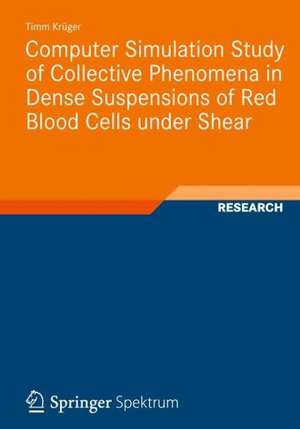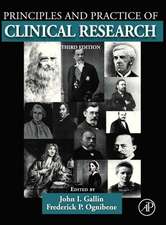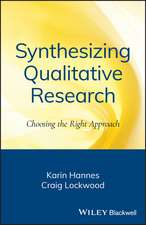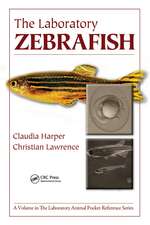Computer Simulation Study of Collective Phenomena in Dense Suspensions of Red Blood Cells under Shear
Autor Timm Krügeren Limba Engleză Paperback – 18 iul 2012
Preț: 382.95 lei
Nou
Puncte Express: 574
Preț estimativ în valută:
73.28€ • 76.76$ • 60.73£
73.28€ • 76.76$ • 60.73£
Carte tipărită la comandă
Livrare economică 08-22 aprilie
Preluare comenzi: 021 569.72.76
Specificații
ISBN-13: 9783834823755
ISBN-10: 3834823759
Pagini: 165
Ilustrații: XIII, 165 p.
Dimensiuni: 168 x 240 x 13 mm
Greutate: 0.3 kg
Ediția:2012
Editura: Vieweg+Teubner Verlag
Colecția Vieweg+Teubner Verlag
Locul publicării:Wiesbaden, Germany
ISBN-10: 3834823759
Pagini: 165
Ilustrații: XIII, 165 p.
Dimensiuni: 168 x 240 x 13 mm
Greutate: 0.3 kg
Ediția:2012
Editura: Vieweg+Teubner Verlag
Colecția Vieweg+Teubner Verlag
Locul publicării:Wiesbaden, Germany
Public țintă
ResearchCuprins
Complex fluids and their rheology.- Physics of red blood cells and hemorheology.- Numerical model for simulations of red blood cell suspensions.- Physical considerations and ingredients for the numerical model.- Fluid solver: the lattice Boltzmann method.- Fluid-structure interaction: the immersed boundary method.- Membrane model and energetics.- Stress evaluation in combined immersed boundary lattice Boltzmann simulations.- Rheology and microscopic behavior of red blood cell suspensions.
Notă biografică
Timm Krüger is physicist with focus on computational modeling of complex fluids at the Department of Applied Physics, Eindhoven University of Technology.
Textul de pe ultima copertă
The rheology of dense red blood cell suspensions is investigated via computer simulations based on the lattice Boltzmann, the immersed boundary, and the finite element methods. The red blood cells are treated as extended and deformable particles immersed in the ambient fluid. In the first part of the work, the numerical model and strategies for stress evaluation are discussed. In the second part, the behavior of the suspensions in simple shear flow is studied for different volume fractions, particle deformabilities, and shear rates. Shear thinning behavior is recovered. The existence of a shear-induced transition from a tumbling to a tank-treading motion is demonstrated. The transition can be parameterized by a single quantity, namely the effective capillary number. It is the ratio of the suspension stress and the characteristic particle membrane stress. At the transition point, a strong increase in the orientational order of the red blood cells and a significant decrease of the particle diffusivity are observed. However, the average cell deformation shows no signature of the transition.
Caracteristici
Publication in the field of natural sciences











